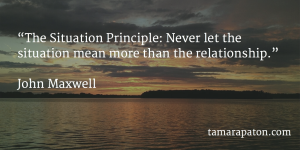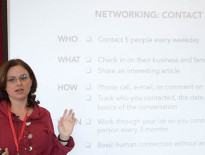

Walt Whitman advised us to “be curious, not judgmental.” He was ahead of his time, born nearly two centuries before Harvard Business Review would announce the era of the curious leader. Welcome to a world in which “success may be less about having all the answers and more about wondering and questioning.”
This emerging emphasis on leading-by-curiosity is particularly appropriate for boards. The environment in which directors work today tends to focus on avoiding negative outcomes and catching management’s mistakes. Managers and directors alike have risen through the ranks by providing fixes and solutions. If we resist this temptation, however, directors have an opportunity to model openness to exploration for senior management and one another. Genuine curiosity can soften the edge of our oversight role, creating a positive platform from which to serve an organization.
The work of psychologist Diane Dreher confirms that a quest for improved understanding is foundational to a director’s role. “Curiosity is positively correlated with creativity, intelligence, problem-solving ability, autonomy, a sense of personal control, and a willingness to challenge the status quo.” PwC’s recent survey of more than 1,000 CEOs agrees, indicating that “curiosity” and “open-mindedness” are becoming increasingly critical leadership traits in challenging times. Furthermore, researchers have found that one’s “curiosity quotient” is just as important as emotional and intellectual intelligence in managing complexity.
And yet, if I’m honest, I don’t always feel inquisitive. Earlier this year, my work lacked the zip it once had. I would feel the relief of a completed board meeting, only to get hit with 300 pages of reading for another organization. In a reactive rather than reflective mode, I lacked the space and oxygen our brains need to think creatively and ask insightful questions.
My performance rut made me wonder about my future as a director. (It doesn’t take much for me to reach for the doomsday scenario.) Had dumb luck helped me to this point? Even if it had, my best move was to reverse the downward spiral. With this in mind, I studied curiosity as the root of generative boardroom discussions.
Fortunately, we all have the potential to be curious, under the right conditions. According to Ian Leslie, author of Curious: The Desire to Know and Why Your Future Depends on It, curiosity is actually “more of a state than a trait.” My experience suggests that we can achieve this state more often with three practices.
Read from a variety of sources
The highest-performing directors I know read constantly, triangulating insights from news media, industry journals, and internal reports. When I felt my board performance stall, I adopted a habit of reading from a fresh information source for 30 minutes each morning. Doing so kick starts my day with intellectual fuel.
Take your time
I envy those who can read a dense analysis once and synthesize a brilliant response. When constrained for time, the most I can do is take in information and hope to use it later. My rushed brain is too busy storing ideas to generate my own.
Acknowledging this tendency, I prepared for a recent board meeting with a generous time allowance. I lingered with the 300-page board binder without any thought about what else needed to be done. Then, I set aside the work for a day to let the ideas marinate. Finally, I reconnected with the materials in the hours leading up to the meeting and emerged with a long list of questions and discussion starters. Taking my time gave me new commitment to a task I often see as a necessary evil.
Lead discussions flexibly
Todd Kashdan, clinical psychologist and author of Curious? Discover the Missing Ingredient to a Fulfilling Life, encourages us to drift periodically from our rigid meeting agenda. “There is something to be said about being mindful, open, and curious about what’s happening right now. If everyone is excited about working on a particular topic in more depth, it’s going to have more value than covering the litany of material you have to get through. Purposely leave breathing room.” Just as we need ample time to prepare for a meeting, groups thrive when free to be curious together.
Cognitive scientist Daniel Willingham notes that leaders are often “so eager to get to the answer that we do not devote sufficient time to developing the question.” In each board meeting, challenge yourself to pose a genuinely interesting question — one that opens an information gap. Skilled directors do this by focusing on a topic that invites others to expand and enhance the path of inquiry. A zinger of a question may make an individual director look smart, but a discussion opener that invites collaboration boosts the entire board’s curiosity factor.
I can’t think of a better mark of a high-performing director.
Question: How do you invest in your own sense of curiosity?
Thank you for reading! If you found this post useful, please click the “like” button or tweet a comment. Doing so helps my work reach others and would mean so much to me.










